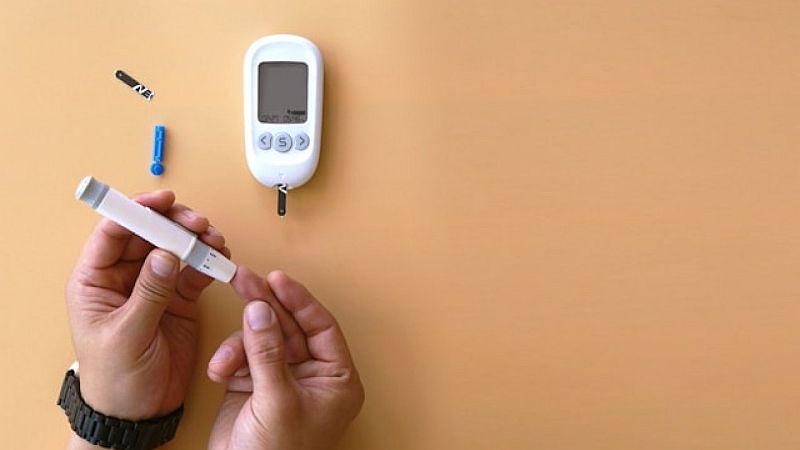
A group of students from PrepaTec Metepec has created a non-invasive glucose monitoring device that could help reduce the need for traditional needle-based testing. Their prototype, called No-Needle, uses 940nm infrared light to estimate glucose levels through the skin, relying on optical interactions rather than blood samples.
The device is built with 3D-printed components and flexible materials to improve comfort, durability, and affordability. By eliminating finger pricks and disposable supplies, No-Needle aims to reduce pain and recurring costs for people who need frequent readings.
The project arrives as diabetes continues to grow worldwide. The World Health Organization reports that global cases rose from 200 million in 1990 to 830 million in 2022, with the fastest growth in low- and middle-income countries. In Mexico, about 12.4 million people live with the condition. In Jalisco alone, an estimated 600,000 adults – around 10% of the population – are affected, making diabetes one of the state’s leading causes of death.
To evaluate performance, the student team carried out two health campaigns in partnership with the Mexican Red Cross and PrepaTec facilities, gathering data from more than 200 participants. The prototype delivered consistent results, including in cases where glucose levels were measured between 300mg/dL and 600mg/dL.
Their work earned the “Best Overall Social Innovation Award” at the Jacobs Teen Innovation Challenge 2025, hosted by the University of California, San Diego. Judges highlighted the project’s scientific approach, accessibility, and potential for social impact.
Next steps include replacing the Arduino system with a more compact PCB and developing a mobile app that tracks readings and offers personalized health insights. The team is also in talks with international photonics company DR Solutions to improve the device and begin regulatory preparation and patent review through COFEPRIS.
The project also helped launch Procesamente, a student-led innovation society that promotes technology-focused initiatives with social impact. The group is already developing additional projects, including Parlo, an AI tool for people with hearing disabilities, and a smart cardiac patch currently competing in NASA’s Biotech Conrad Challenge.

We Need Your Support: While other local media outlets have retreated behind paywalls, at Banderas News, we believe news should be free for everyone. Would you help us provide essential information to our readers at no cost? We can’t do it without you. Your contribution helps us sustain and grow.





